Photography is a multi-genre course which you can study at high school or university. Studying photography can be a brilliant start for students who want to work in the industry, either editorial photography, landscape, portrait and even fashion.
During your course, you will study a syllabus that will expand your knowledge from the history of photography to how modern day photographers are influenced by art.
Why Did I Choose to Study Photography?
When it came to choosing my college courses I needed a subject that was creative. Photography is a skill you can use for life and is highly profitable. Like many photographers, myself included, sell our work online and in local shops.
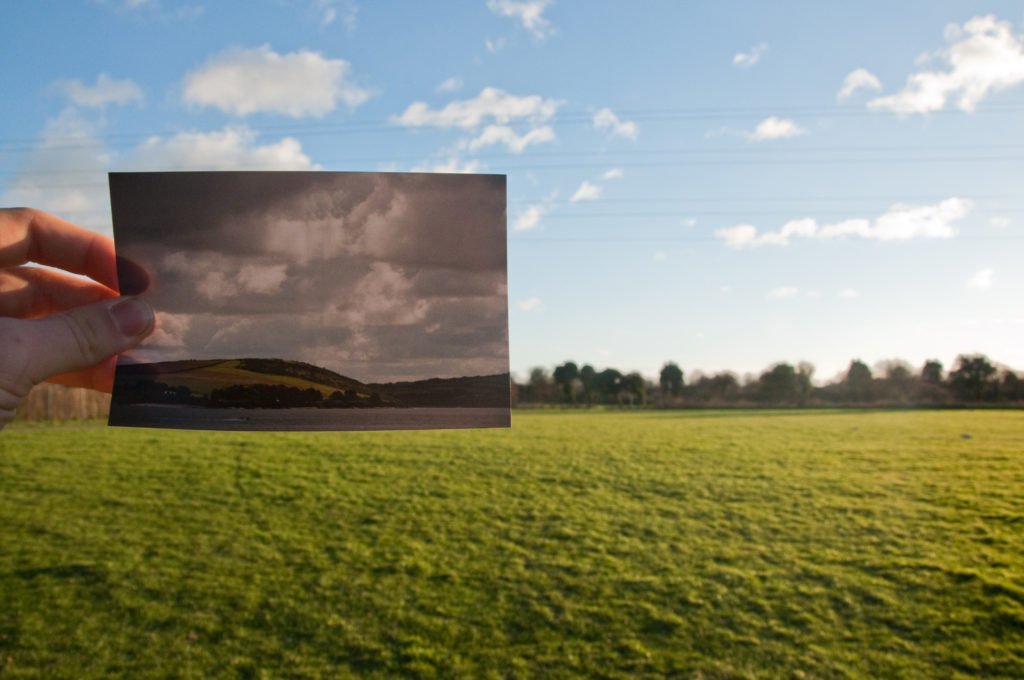
There is much more to photography then just taking photos. You’ll be analysing images and artists until you find your own style.
So here are a few tips that helped me through my Photography A Level:-
1. Take your Time to Research
If you haven’t realised it already, you’ll need to study many artists and photographers. From early painters who used camera obscure to modern day photographers who use Photoshop.
Therefore don’t just pick the first photographer you find on Google, take your time and use our 50+ Photographers to study article.
2. The Best Camera is the one you have on you
There is a common feeling amongst photographers when we miss the perfect shot only to dwell on the fact we didn’t have our DSLR camera with us. I have definitely felt like this many times. The premise behind the saying ‘The Best Camera is the one you have on you’ is true even if it is a smartphone.
Honestly, you don’t need the most expensive camera to take the best photos. Plus owning the most expensive camera in your class doesn’t automatically make you top of the class.
Just remember the main types of compositional rules and if you have the best type of light, you may have a competition winning image.
Improvise and use whatever camera you have. Why not print out your images then sketch over them. Be creative!
3. Visit Galleries
To stand out amongst your classmates, visit your local galleries or photography exhibitions. This can be a thought-provoking way to inspire your next photography shoot. Find a gallery that you have an interest in, perhaps visit with a friend. Have discussions and find ways how the photographer can inspire your own work.
Sketch, or if you’re allowed, take photographs of the exhibits and then write your thoughts and analyse their work. This will surely get you bonus marks if done correctly.
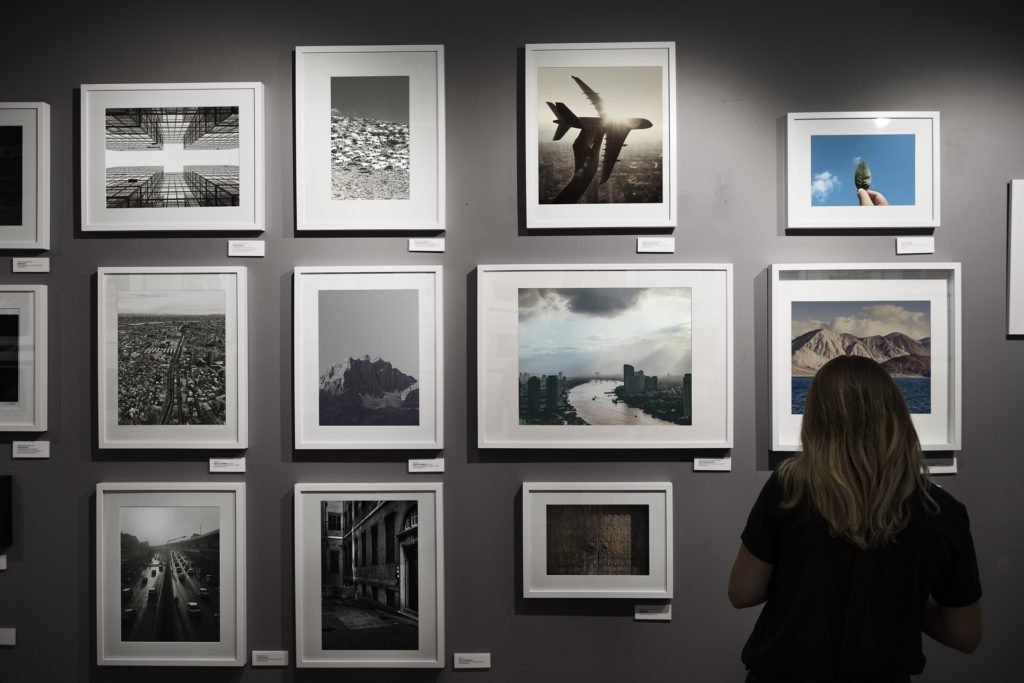
4. Use Keywords
There are many terms and expressions in photography and understanding them can make a big difference when writing your coursework.
Before you write up your coursework make a list of keywords relating to the task. For example, aperture, camera obscura, double exposure and exposure compensation. Then once you’ve included them in your writing tick them off and aim to use as many as you can. This will show the exam invigilator you have a good understanding of the subject.
5. Listen to Your Teachers
This may sound like an obvious tip, however, it surprised me how many students never listened to their teachers. If your teacher mentions you should study a photographer, or even change your style, make sure you take their advice on board.
Keep in mind your teachers are the ones who mark your work, so if they recommend an artist or critique your work, even if you disagree with them, listen!
6. Be Prepared
There are many types of exams you may sit. When I sat my exam, we had two days, which included researching a photographer, creating our own portfolio and then producing our own digital sketchbook. There’s a lot of work to do and being prepared before you go into the classroom can help a great deal. So creating a checklist can really help.
Here’s an example of my to-do list:
– Charge camera
– Empty memory cards
– Have a list of possible photographers
– Figure out what equipment is needed, then clean it
Arrive early and have all your gear set up and ready, there’s nothing worse than starting your exam without a memory card.
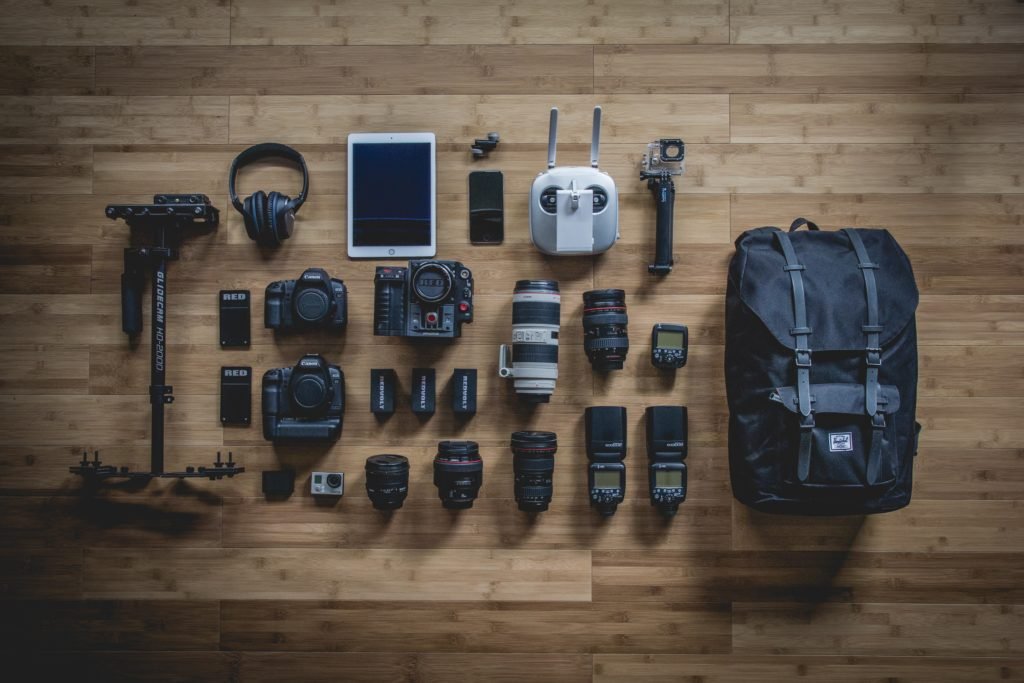
7. Use your Classmates
When you’re a professional photographer, finding help for when you’re on a shoot can be difficult, plus you will most likely have to pay them. However, if you’re studying photography you need to remember everyone is in the same situation. This is a very good advantage of being in a classroom as everyone will work for free, plus if you’re on someone else’s shoot it may spark an idea for yourself.
If you’re into portraiture photography you may struggle to find a model, using your classmates is one way to combat this problem.
To summarise, when it comes to your exam make sure you are prepared and get into the creative mindset. Plus, understanding that owning the most expensive camera isn’t going to lose you marks. Visit as many galleries as you can and most importantly, be different! Being original is the only way you’re going to stand out amongst everyone else.
Thank you for reading this article, if you have any other ideas please leave a comment down below and I’ll add them to the list!
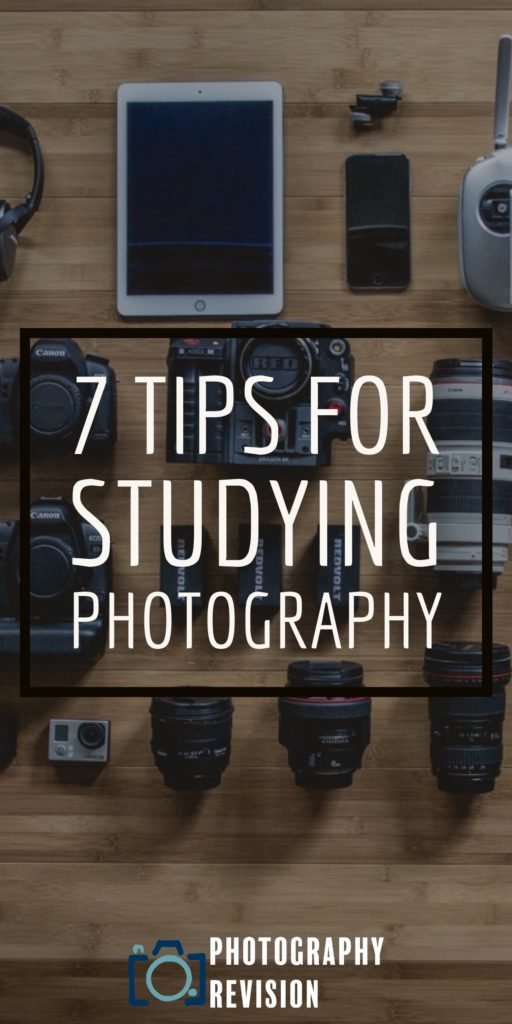
If you’re studying photography I highly recommend you check our worksheets on Photography Analysis!

Included in these worksheets are, 3 pages of Photography Keywords and Terms, The Photography Analysis Worksheet and examples of my own analysis work!
Thanks again and if you enjoyed reading it please share and even pin it to your Pinterest wall!
Some of these links are affiliates which means I make a small percentage if you use my link.


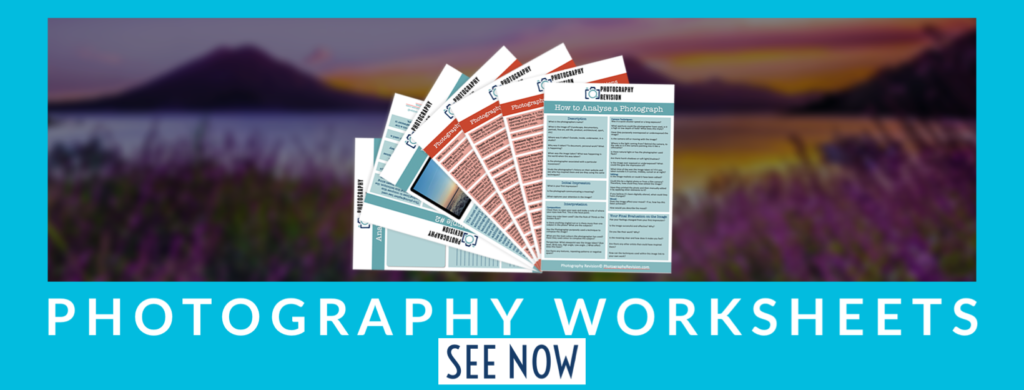
Comments are closed.